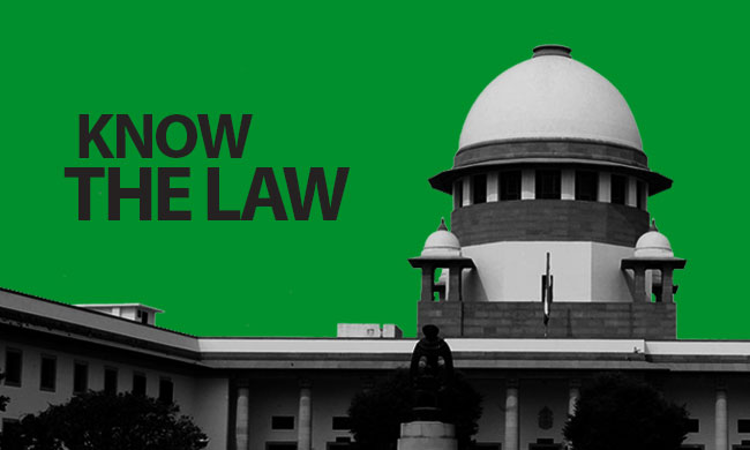In an important judgment delivered on Thursday (29th October 2020), the Supreme Court (by 2:1 majority) has held that the officers who are invested with powers under section 53 of the NDPS Act are "police officers" within the meaning of section 25 of the Evidence Act, as a result of which any confessional statement made to them would be barred under the provisions of section 25 of the...

